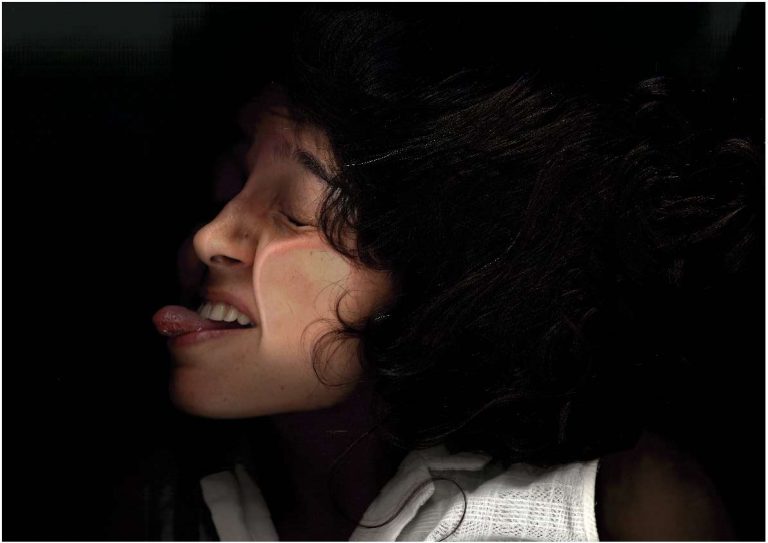On Sunday, September 27, 2020, the war began. We had just started our first semester in journalism. For the newcomers, it was not easy to gain their first professional experiences amid the war. It was also difficult to follow events from afar. We decided to travel to Artsakh. After several failed attempts, we finally succeeded at the beginning of November. We traveled with volunteer doctors to Artsakh to document their work. Filming ended when the special forces at the Karvachar checkpoint saw me filming in the ambulance. They took my camera away and deleted all the footage. This was followed by a series of prohibitions: everything on the street is a potential military object, it is dangerous, phones and cameras must not be turned on under any circumstances.

Kurator:in
I am an artist, art educator, and curator of Armenian descent living in Munich who firmly believes in the power of interdisciplinary networking and creative collaboration. Since 2020, I have co-founded the socio-cultural platform G.Urban (www.gurbanplatform.com) between Munich and Armenia, which implements international collaborations and projects in both countries. As part of the art education projects “Artworks for Peace” in war-affected villages in Artsakh, Armenia, I have met talented filmmakers in recent years and am excited to present a joint film creation with them at this year’s Kino Asyl.

Kurator:in
I am an artist, art educator, and curator of Armenian descent living in Munich who firmly believes in the power of interdisciplinary networking and creative collaboration. Since 2020, I have co-founded the socio-cultural platform G.Urban (www.gurbanplatform.com) between Munich and Armenia, which implements international collaborations and projects in both countries. As part of the art education projects “Artworks for Peace” in war-affected villages in Artsakh, Armenia, I have met talented filmmakers in recent years and am excited to present a joint film creation with them at this year’s Kino Asyl.